with any alcohol in the system or don’t consume any alcohol at all. In the past, it has been that someone would have to get into trouble to be brought back before the judge. So, if they were not supposed to drink any alcohol at all and they picked up a new case like drunk in public or a new DUI case, the judge will find out that way.
But more and more, the technology is coming into the DUI world where people are being placed on alcohol monitors such as SCRAM. This is a secured continuous remote alcohol monitoring system in the form of an ankle bracelet that tests for alcohol 24 hours a day, 7 days a week.
When one is on a SCRAM device as a condition of probation, it will test 24/7 for any alcohol in the system. If the system finds it, the system will report it to the company who will then tell the judge.
Some Individuals Are Prohibited from Frequenting Bars or Venues Where Alcohol Consumption Is the Primary Purpose
Some judges will order that people on probation not go to a bar. They may say that you may not go to any establishment where alcohol is the primary purpose of sale, meaning the main thing the establishment does is sell alcohol. So if someone is ordered with that term of probation, they could not go to a bar.
If the police officers were to do some sort of investigation, follow someone, or do a raid where someone were to get caught in that establishment, that person could conceivably be brought up on violation of probation charges. It is not typical; we don’t usually see that.
Law enforcement doesn’t have the recourses to go around, checking the records of everybody in the bar to see whether they are on probation or not and what the terms are. But those conditions can exist and they can lead to trouble. Usually it is because somebody picks up a new case or they are arrested on a new charge.
If You Are Convicted of DUI, You Can Choose to Accept or Reject Probation
I briefly want to discuss probation further. If you are convicted of a DUI, you can choose to be on probation or you can choose to reject probation. The problem with rejecting probation and not going on probation is that there is mandatory jail time, so most are going to choose to be on probation.
If you choose to be on probation based on a DUI, the minimum probation period is three years. There are 36 months where the case stays open and you have to stay out of trouble. The maximum probation on a first time DUI is five years.
Accepting Probation Means the Case Stays Open for the Length of Time the Probation Is Imposed
So typically on a first time DUI, we will see that the minimum probation be imposed for three years, and if it is a second or a third, it is not unusual to see five years of probation. This means that the case stays opens hanging over your head.
You are not allowed to drive with any alcohol in your system at all. If you do get caught driving with any alcohol, even if you are below a 0.08, you can be found in violation of probation, your license can be suspended, and you can actually be sent to jail.
If probation is open, all of the possible penalties on that case may be imposed. The probation period minimum is 36 months. There are some ways in some situations to terminate or end probation early and I always recommend trying to do this.
It Is Recommended to Apply for an Early Termination of Probation, If Possible
This is because if we can terminate or end probation early, then we can remove the zero tolerance and go back to a 0.08 legal limit. The 0.08 limit is a much better place to be because most people are going to go out and have a glass of wine or two with dinner and drive home. If you are on probation and pulled over by the police, that could mean jail time. If you are off probation, it could mean nothing.
If you were to get a new offense, like a second time DUI while you are on probation, it is most certainly going to result in a probation violation. You may be facing all of the possible penalties that accompanied the original violation plus the new case.
Look Back Period: DUIs Remain on a Record for a Minimum of 10 Years
I also should distinguish the difference between probation period and a look back period or prior ability period on a DUI. DUIs stay on the record for a minimum of 10 years now. It didn’t use to be that way. There used to be no looking back period or prior ability. Then they imposed a 5 year, then 7 years, and now they are at 10 years. I wouldn’t surprise me within the next 10 years if that look back period gets even longer, possibly to 15 or 20 years.
The Penalties for Subsequent DUIs Escalate, Which Is Why Both the Probation Period and the Look Back Period Become Factors in a First Offense DUI
But right now, the looking back period is 10 years. This means if you were to get a second DUI within 10 years of the first, there would be enhanced mandatory penalties if there was a conviction including jail time. So one time period that we need to be cautious of and look at is the probation period, 3 to 5 years, and another time period we need to look at is the look back period which is at 10 years.
DUIs have a huge effect on people and it is a long-term effect that will last for years. It is important that we do everything we can to get the minimum probation and shorten or terminate probation early if at all possible.
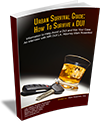

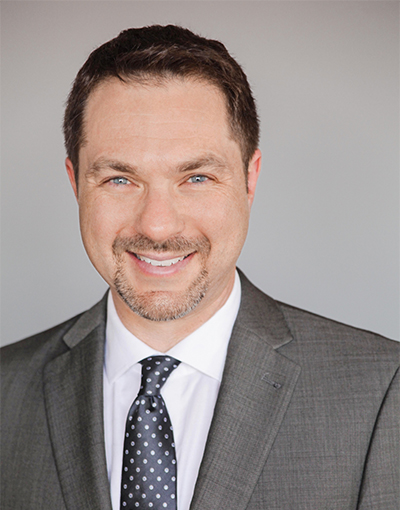
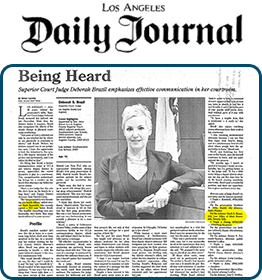
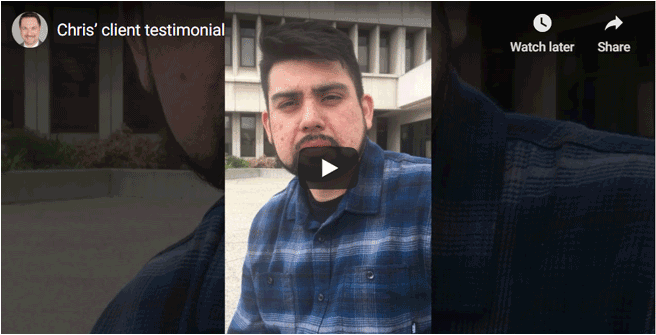
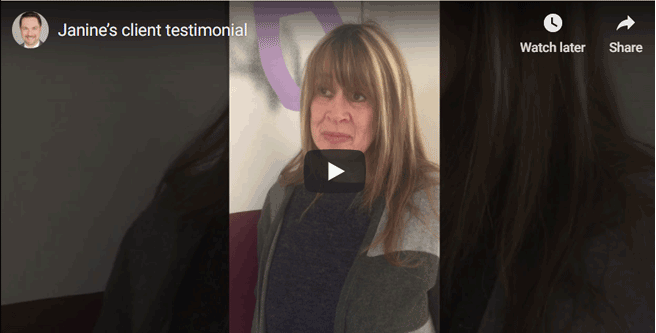
 Personal Attention
Personal Attention Every criminal case is unique and no attorney can guarantee the outcome of a case. The information on this site is legal advertising and for general information only. Using this site, requesting books, information, consultations or communicating with Attorney Rosenfeld through its site does not form an attorney/client relationship.
Every criminal case is unique and no attorney can guarantee the outcome of a case. The information on this site is legal advertising and for general information only. Using this site, requesting books, information, consultations or communicating with Attorney Rosenfeld through its site does not form an attorney/client relationship.








